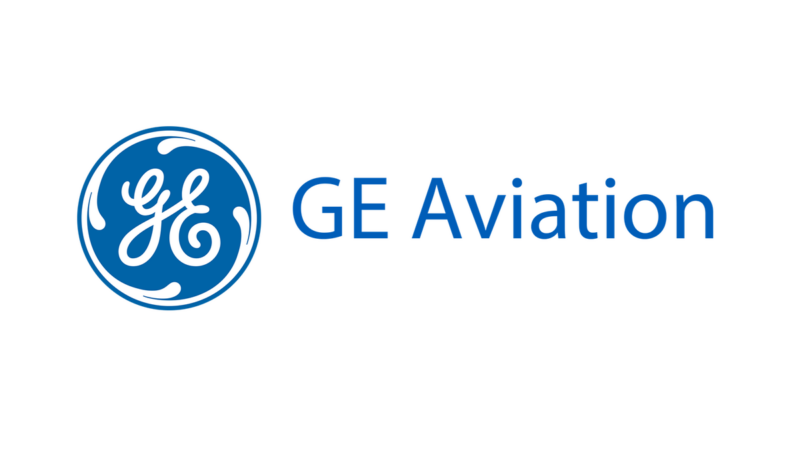GE Aviation Joins RSB to Help Advance Sustainable Aviation Fuel in the Aviation Industry

GE Aviation, a world-leading provider of aircraft engines, systems and services, has recently joined the Roundtable on Sustainable Biomaterials (RSB) to further advance its ambition to be a net-zero company by 2050, and help the aviation industry decarbonise.
RSB is a global membership organisation that works with stakeholders in diverse sectors all over the world to lead the socially and environmentally sustainable transition to a bio-based and circular economy.
By becoming an RSB member, GE Aviation looks to collaborate on standards-setting and policy discussions that incentivise greater production of Sustainable Aviation Fuel (SAF). All GE engines can operate today and in the future on approved SAF, which can be made from plant products, fats, oils and greases, alcohols, captured CO2, and other alternative sources. The use of alternative feedstocks instead of fossil-based fuels can reduce CO2 emissions during fuel production.
“GE Aviation is excited to join RSB, which is helping enable the aviation industry’s transition to lower-carbon Sustainable Aviation Fuel (SAF) in place of fossil-based jet fuels. We are committed to a more sustainable future of flight and look forward to working with RSB to support policies that encourage broader adoption of SAF while ensuring fuels are sourced responsibly,” said Allen Paxson, vice president of commercial program strategy for GE Aviation.
For over a decade, RSB has been guiding sector transformation to bio-based and circular models. The RSB Standard, the world’s most trusted and peer-reviewed sustainability framework, has been developed by the organisation’s multi-stakeholder membership, and is a uniquely robust and credible foundation for supporting innovative solutions to the climate crisis. RSB uses this foundation to develop projects, new knowledge and best-practices that equip key decision-makers to deliver positive impacts for people and the planet.
As well as being invited to contribute to the continuous development of the RSB Standard, members also benefit from global recognition and access to industry initiatives that are shaping future markets, such as the SAF Policy Platform and the PTX Working Group.
“RSB is thrilled to welcome GE Aviation as a member. Our collaborative network represents pioneers and leaders on a journey towards a bio-based and circular economy, and GE Aviation’s addition gives us further confidence that we are on the right track to achieve our mission – especially when it comes to advancing SAF and transforming the aviation sector. We know that GE Aviation will take full advantage of all that our membership has to offer, and we look forward to supporting them to reach their target of becoming a net-zero company by 2050,” said Elena Schmidt, RSB’s Executive Director.
SAF is critical to helping the aviation industry reach its goal of net-zero CO2 emissions from flight by 2050. All SAF approved today is drop-in, requiring no changes to aircraft equipment and fuelling infrastructure or equipment to use it. However, SAF production is now less than 1% of global jet fuel demand and is more expensive than conventional jet fuel.
GE Aviation has been actively involved in assessing and qualifying SAF since 2007 and works closely with producers, regulators and operators to help ensure that SAF can be widely adopted for use in aviation. Currently, SAF approved for use is a blend of petroleum-based Jet A or Jet A-1 fuel and a SAF component with a maximum blend limit of 50%. One of GE’s fuel experts chairs an international task force to develop standardised industry specifications supporting adoption of 100% SAF, which does not require blending with conventional jet fuel.
